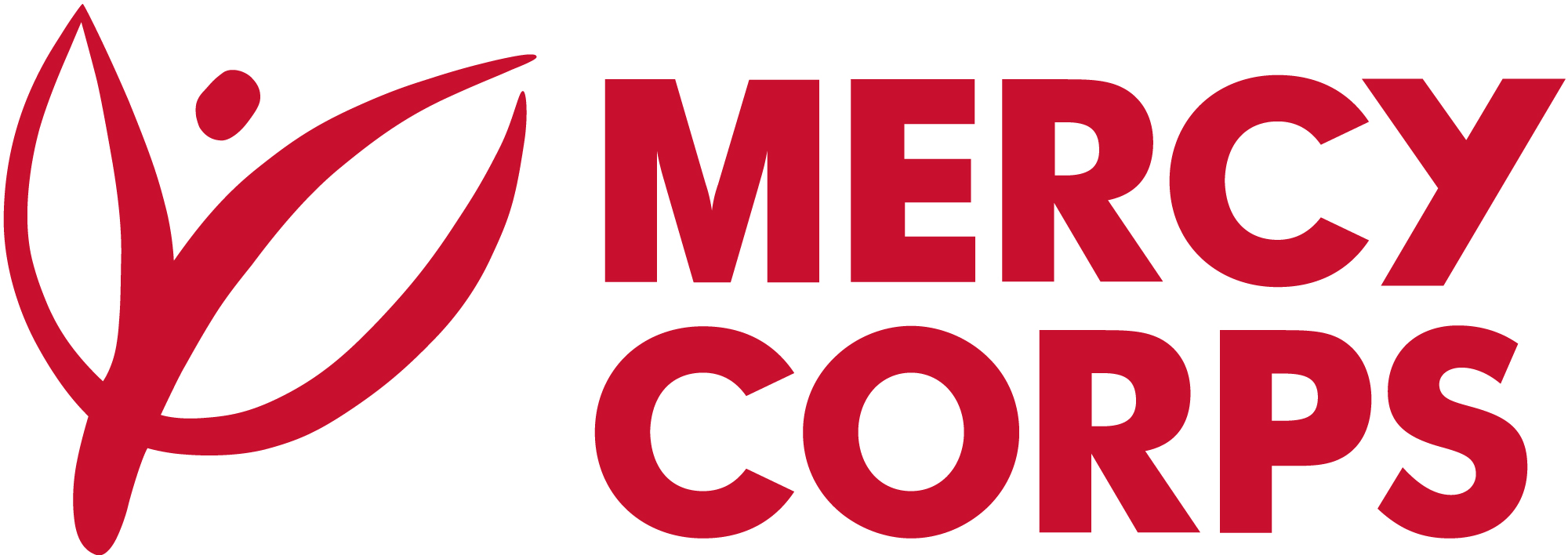Key Takeaways:
- Israel intensified its military campaign in Lebanon throughout March, conducting 117 airstrikes – the highest monthly total since the Cessation of Hostilities (CoH) agreement took effect on November 27, 2024. Notably, 79 of these strikes targeted areas north of the Litani river. On March 28, Israeli forces struck the southern Beirut suburbs for the first time since the CoH began, followed by another attack in the same area on April 1 that killed four people and left seven injured. Overall, Israeli military operations claimed 32 lives in Lebanon throughout March.
- Clashes between Syrian security forces and members of Lebanese clans along the northeastern Lebanon-Syria border in March resulted in 14 deaths (7 in Lebanon, 7 in Syria) and 52 injuries. The fighting, centered around the border town of Houch al-Sayyid Ali, subsided when a ceasefire was reached on March 17.
- Violence in Syria’s coastal region has triggered a new influx of at least 28,025 displaced persons into Lebanon’s Akkar and North governorates. These displaced individuals face severe humanitarian challenges, with communal shelters critically undersupplied and northern Lebanese host communities already contending with economic hardship.
- The Council of Ministers issued a decree enacting the 2025 Budget, with Prime Minister Nawaf Salam stressing the need for state spending to adapt to post-war realities in Lebanon. Salam tasked the Finance Ministry with regularly amending the budget and monitoring fiscal spending, given that the previous government formulated the budget before the 2024 Israel-Hezbollah War.
- Representatives of the International Monetary Fund (IMF) convened with key Lebanese officials, including President Joseph Aoun, Prime Minister Salam, Parliament Speaker Nabih Berri, and Finance Minister Yassine Jaber. During these meetings, the IMF delegation pressed the government to expedite economic recovery through implementation of a “unified financial reform plan.”
- Minister of Interior and Municipalities Ahmad Al-Hajjar announced that municipal elections will be held in May, with polling stations opening on different days across various regions of the country.
- The World Bank has estimated that water, wastewater, and irrigation reconstruction in Lebanon will cost 508 million US dollars (USD). The South Lebanon Water Establishment (SLWE) began repairing wastewater treatment facilities and restoring water supply to towns in southern Lebanon in March. The worst drought in 65 years will complicate water and wastewater management and hydropower production heading into summer.
By Crisis Analytics Team, Mercy Corps Lebanon



